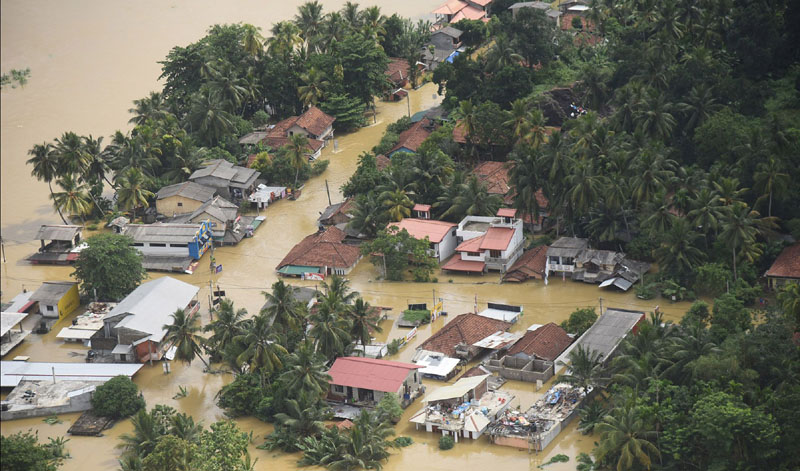
Water is a critical resource that supports all aspects of human life and economic development. In India, a country with a diverse climate and an ever-growing population, ensuring water security is a paramount challenge. Water storage plays a pivotal role in addressing this challenge, providing a foundation for both immediate and long-term water management strategies. This article explores how effective water storage systems contribute to India’s water security goals, emphasizing their impact on agriculture, urban areas, and disaster management.
The Importance of Water Storage
Water storage encompasses various methods and infrastructure designed to collect, store, and manage water resources. In India, these methods include traditional structures like tanks and stepwells, as well as modern reservoirs and dams. Proper water storage is essential for managing the seasonal variability in water availability caused by monsoon patterns and ensuring a stable supply during dry periods.
Supporting Agriculture
Agriculture is the cornerstone of India’s economy, employing a significant portion of the population and contributing substantially to the country’s GDP. However, agriculture is highly dependent on water availability, and the monsoon season’s unpredictability poses a major risk to crop yields. Water storage solutions, such as irrigation reservoirs and check dams, are crucial in mitigating these risks.
Reservoirs capture and store excess water during the monsoon season, allowing for controlled release during drier periods. This regulated supply ensures that crops receive the necessary water throughout their growth cycle, reducing the risk of crop failure and increasing agricultural productivity. Moreover, efficient irrigation systems, supported by stored water, enable farmers to optimize water usage and enhance crop yields.
Enhancing Urban Water Supply
Urban areas in India are rapidly expanding, leading to increased water demand and strain on existing resources. Many cities face challenges related to inadequate water supply, leading to severe shortages and dependency on unreliable sources. Water storage infrastructure can alleviate these issues by providing a buffer against fluctuations in water supply.
Urban water storage solutions, such as reservoirs and rainwater harvesting systems, play a critical role in supplementing municipal water supplies. By capturing and storing rainwater, cities can reduce their reliance on groundwater and surface water sources, which are often overexploited. Additionally, these systems help manage stormwater runoff, reducing the risk of flooding and improving overall urban resilience.

Disaster Management and Resilience
India is prone to a range of natural disasters, including floods and droughts. Effective water storage systems are essential in managing the impacts of these disasters and enhancing community resilience.
During floods, reservoirs and dams can be managed to control the release of excess water, mitigating the impact on downstream areas. On the other hand, during periods of drought, stored water can be used to provide relief to affected regions, ensuring that essential services and agriculture are not disrupted.
Sustainable Management and Future Prospects
While water storage is critical, it is equally important to focus on sustainable management practices to ensure the long-term effectiveness of these systems. Over-extraction and poor maintenance can lead to issues such as sedimentation and reduced storage capacity, undermining the benefits of water storage infrastructure.
Adopting advanced technologies and best practices in water storage and management can help address these challenges. Innovations such as satellite monitoring, real-time data collection, and smart water management systems can enhance the efficiency and effectiveness of water storage solutions.
Water storage is a cornerstone of India’s strategy to achieve water security. By supporting agriculture, enhancing urban water supply, and improving disaster management, effective water storage systems contribute significantly to the country’s development and resilience. As India continues to face challenges related to water availability and climate change, investing in and optimizing water storage solutions will be essential for ensuring a secure and sustainable water future.


